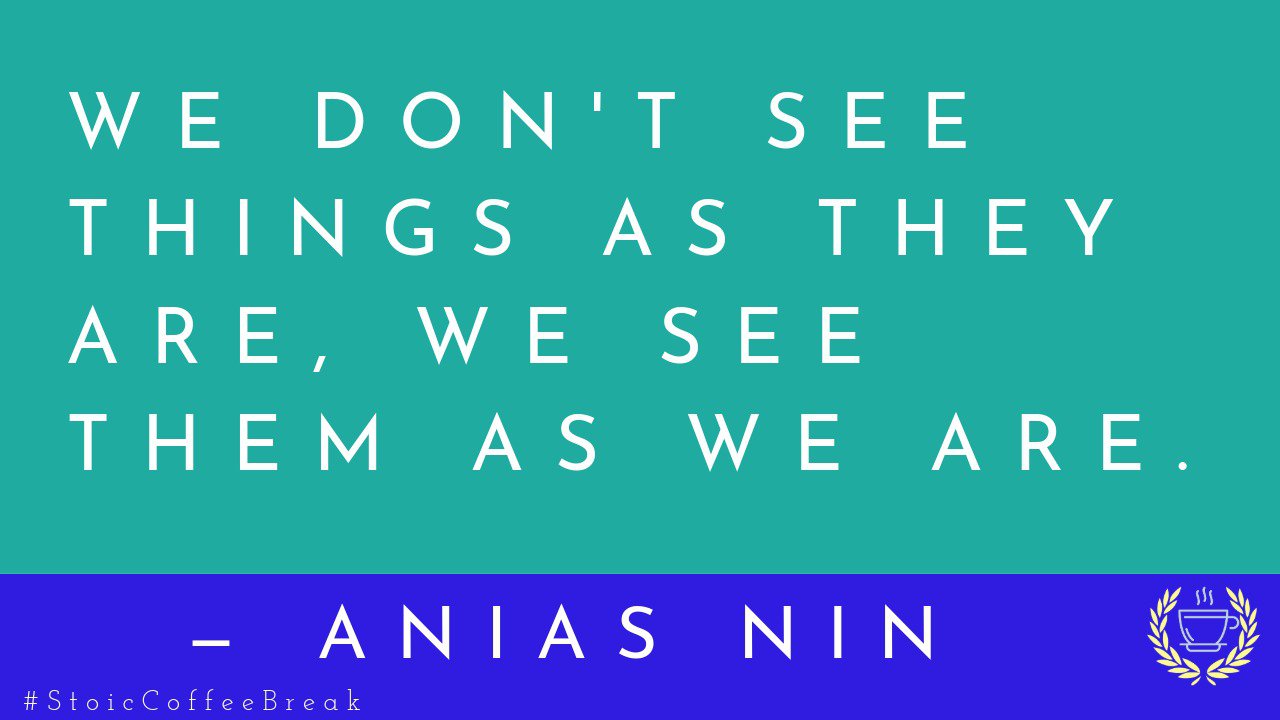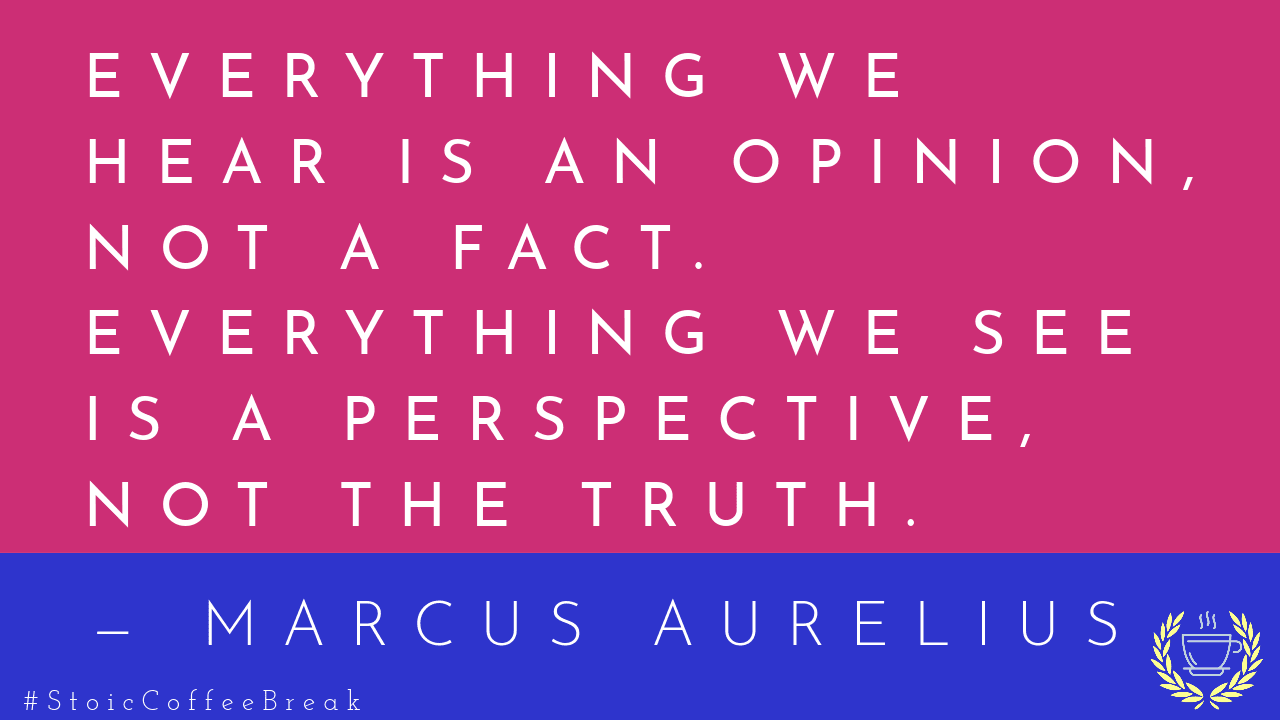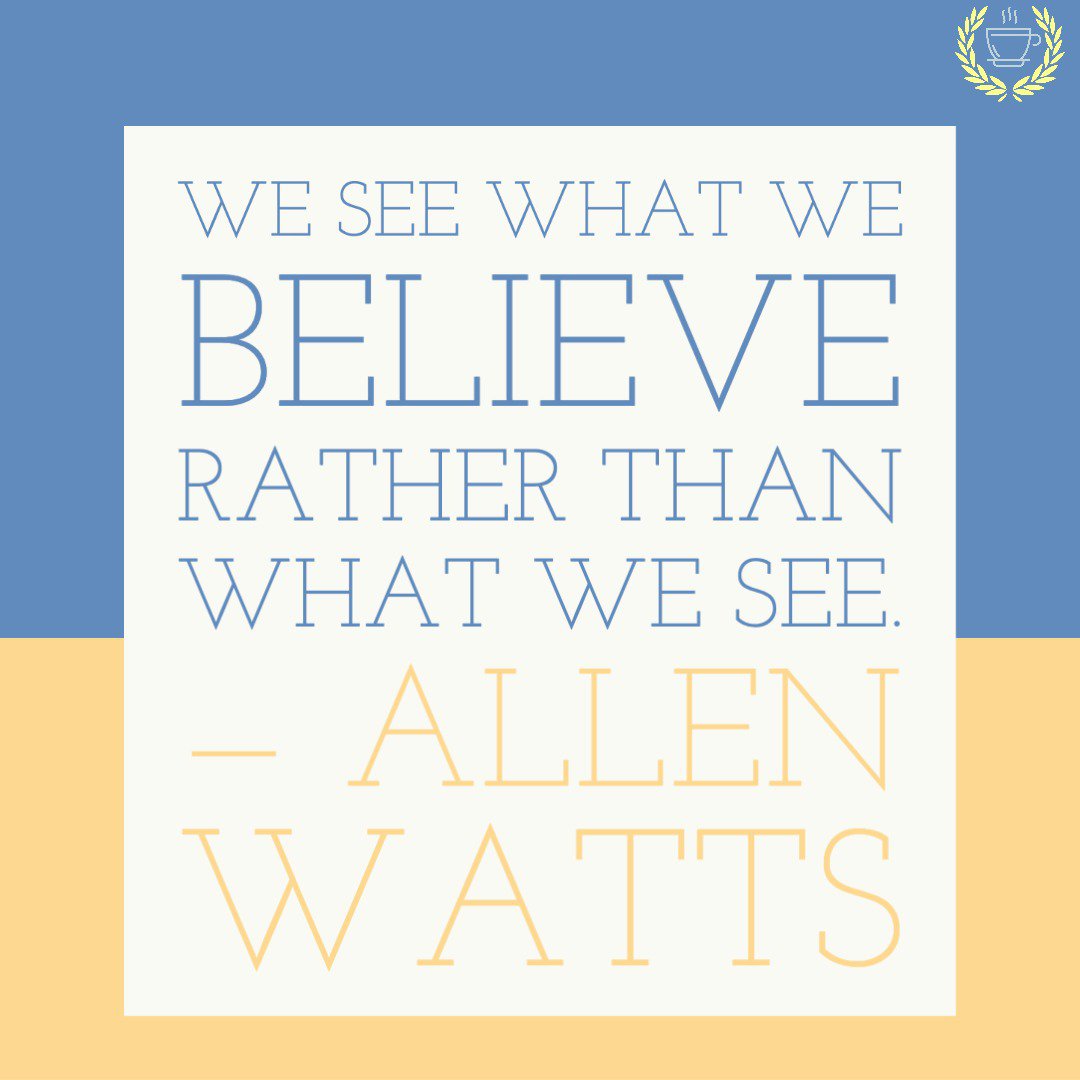Category: Perspective
-

293 – Perspective is Reality
In this episode we dive into the fact that our reality is not an objective construct; it is a subjective experience shaped by our individual perceptions. These perceptions are the lens through which we view the world, influenced by our beliefs, past experiences, and emotional states. Our perceptions profoundly shape our reality, molding our experiences,…
-

279 – Not True But Useful
“Everything we hear is an opinion, not a fact. Everything we see is a perspective, not the truth.” — Marcus Aurelius Can you hold beliefs that are not true, but are useful? The idea of “Useful, Not True” suggests that our perspective on something doesn’t have to be true, as long as it’s useful. Let’s…
-

241 – Mind Over Mood: The Stoic Art of Reframing
“It is not the things themselves that disturb people, but their judgments about these things.” — Epictetus. “We see what we believe rather than what we see.” — Alan Watts. One of the things we talk about a lot in stoicism is that it’s our perspective on something that causes our distress. So how do…